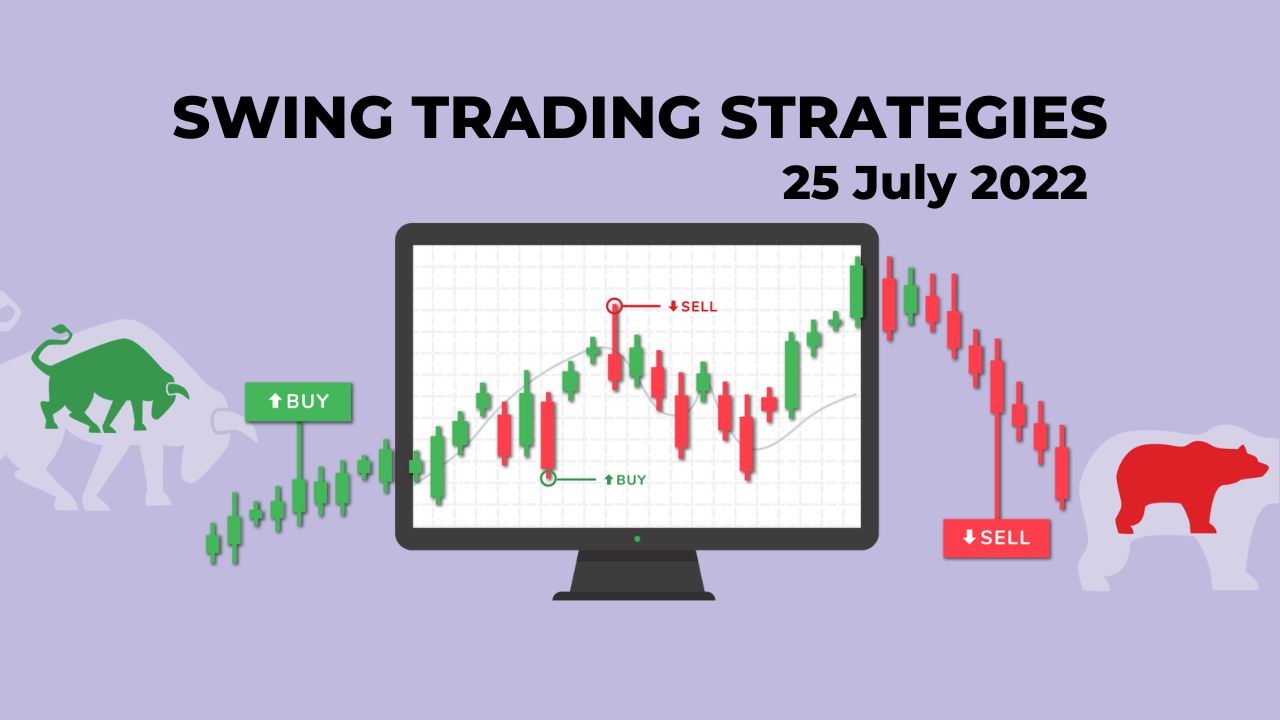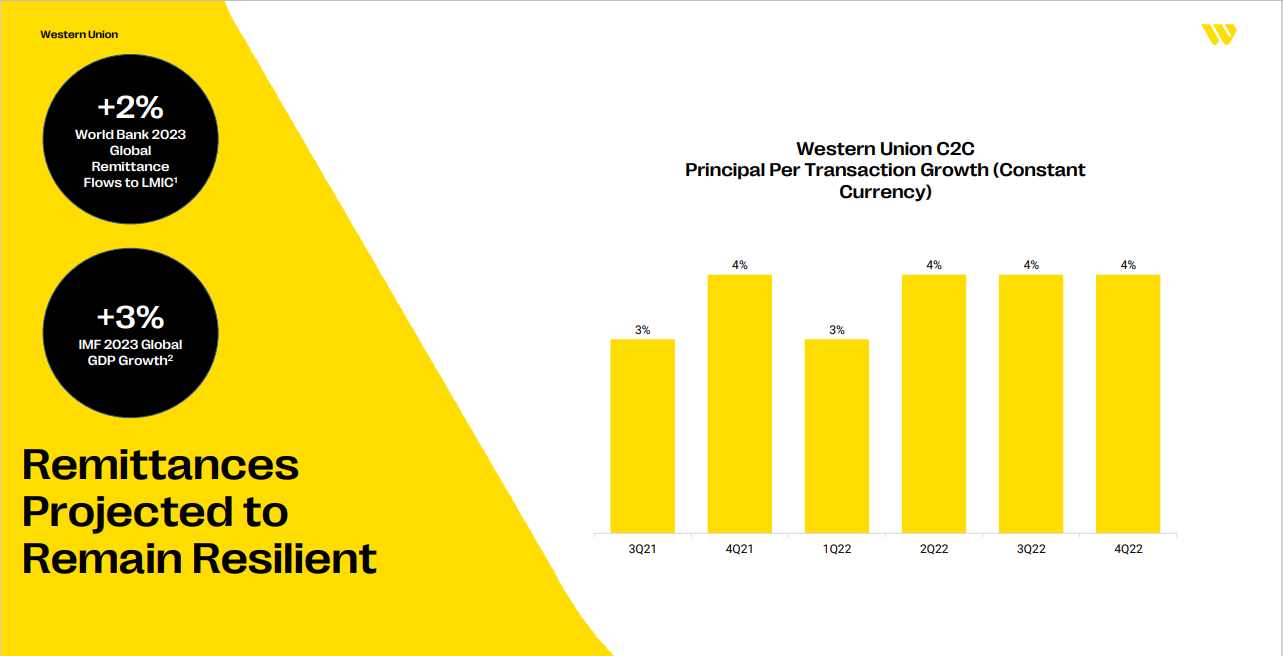
There are a few things you should consider when choosing a forex broker. You should have at least two sources of liquidity available to a broker. To provide liquidity across asset classes, brokers should have two sources. Some brokers do not have the skills to build this technology themselves. Many use contractors to help them build back-office functionality and payment systems. This dependence can make switching providers more difficult.
XTB
XTB has more than 500,000 customers who trust its services. The brokerage is known for its excellent customer service. It offers telephone support Monday through Friday and live chat during weekends. Plus500 has 24-hour availability which makes it even more superior to XTB. If you're not sure about the best forex broker, check out our reviews and decide for yourself.

CMC Markets
CMC Markets is a good option for people who want to trade foreign exchange, but are unsure how to go about it. This website has links to help you register. Basic information such as your name, address and tax status will be required. Once you've registered, you'll need to verify your personal information by filling out the necessary fields.
Soft-FX
Soft-FX has more than 8 years' experience in developing IT products. The company's solution was designed to be robust and secure against DDoS attacks, hacker attacks, and other attacks. Its API can be used with Web Sockets and FIX protocols. Clients can also use it as a consumer. Its unique liquidity aggregation technology allows you to manage your clients' accounts.
XETRA
A XETRA broker should be considered if you are looking for a forex broker that has a good reputation. Deutsche Borse AG controls Xetra. It is a paneuropean trading platform. It allows for efficient, fast, and cost-effective trading of a variety of securities. A Xetra broker offers many benefits, such as high turnover and low trading costs.

XM
XM provides trading in 57 currency pairs. Spreads begin at 0 points and there is no need to requote. XM offers 17 commodities in addition to forex. CFDs can be traded on all commodities without conversion fees. They also offer CFD trading on 30 global indices, including gold, silver, and crude oil.
FAQ
How are securities traded
The stock market is an exchange where investors buy shares of companies for money. Investors can purchase shares of companies to raise capital. Investors then resell these shares to the company when they want to gain from the company's assets.
Supply and demand are the main factors that determine the price of stocks on an open market. The price rises if there is less demand than buyers. If there are more buyers than seller, the prices fall.
Stocks can be traded in two ways.
-
Directly from company
-
Through a broker
What is the role of the Securities and Exchange Commission?
SEC regulates the securities exchanges and broker-dealers as well as investment companies involved in the distribution securities. It enforces federal securities laws.
Can you trade on the stock-market?
Everyone. However, not everyone is equal in this world. Some have better skills and knowledge than others. They should be recognized for their efforts.
Other factors also play a role in whether or not someone is successful at trading stocks. If you don’t have the ability to read financial reports, it will be difficult to make decisions.
These reports are not for you unless you know how to interpret them. Each number must be understood. Also, you need to understand the meaning of each number.
You will be able spot trends and patterns within the data. This will enable you to make informed decisions about when to purchase and sell shares.
If you're lucky enough you might be able make a living doing this.
How does the stock market work?
You are purchasing ownership rights to a portion of the company when you purchase a share of stock. The shareholder has certain rights. He/she may vote on major policies or resolutions. The company can be sued for damages. He/she may also sue for breach of contract.
A company cannot issue more shares that its total assets minus liabilities. It's called 'capital adequacy.'
A company that has a high capital ratio is considered safe. Low ratios can be risky investments.
What are the advantages of investing through a mutual fund?
-
Low cost - buying shares directly from a company is expensive. It is cheaper to buy shares via a mutual fund.
-
Diversification: Most mutual funds have a wide range of securities. If one type of security drops in value, others will rise.
-
Management by professionals - professional managers ensure that the fund is only investing in securities that meet its objectives.
-
Liquidity is a mutual fund that gives you quick access to cash. You can withdraw money whenever you like.
-
Tax efficiency – mutual funds are tax efficient. This means that you don't have capital gains or losses to worry about until you sell shares.
-
Buy and sell of shares are free from transaction costs.
-
Mutual funds can be used easily - they are very easy to invest. You will need a bank accounts and some cash.
-
Flexibility: You have the freedom to change your holdings at any time without additional charges.
-
Access to information: You can see what's happening in the fund and its performance.
-
You can ask questions of the fund manager and receive investment advice.
-
Security - know what kind of security your holdings are.
-
Control - you can control the way the fund makes its investment decisions.
-
Portfolio tracking: You can track your portfolio's performance over time.
-
You can withdraw your money easily from the fund.
Disadvantages of investing through mutual funds:
-
Limited choice - not every possible investment opportunity is available in a mutual fund.
-
High expense ratio. The expenses associated with owning mutual fund shares include brokerage fees, administrative costs, and operating charges. These expenses can impact your return.
-
Lack of liquidity - many mutual fund do not accept deposits. These mutual funds must be purchased using cash. This restricts the amount you can invest.
-
Poor customer service - There is no single point where customers can complain about mutual funds. Instead, contact the broker, administrator, or salesperson of the mutual fund.
-
It is risky: If the fund goes under, you could lose all of your investments.
What is a REIT?
A real estate investment trust (REIT) is an entity that owns income-producing properties such as apartment buildings, shopping centers, office buildings, hotels, industrial parks, etc. They are publicly traded companies that pay dividends to shareholders instead of paying corporate taxes.
They are similar companies, but they own only property and do not manufacture goods.
What are some advantages of owning stocks?
Stocks are more volatile than bonds. The stock market will suffer if a company goes bust.
However, share prices will rise if a company is growing.
Companies often issue new stock to raise capital. This allows investors buy more shares.
Companies can borrow money through debt finance. This gives them access to cheap credit, which enables them to grow faster.
If a company makes a great product, people will buy it. As demand increases, so does the price of the stock.
As long as the company continues to produce products that people want, then the stock price should continue to increase.
How do I choose a good investment company?
A good investment manager will offer competitive fees, top-quality management and a diverse portfolio. Commonly, fees are charged depending on the security that you hold in your account. Some companies charge nothing for holding cash while others charge an annual flat fee, regardless of the amount you deposit. Others charge a percentage of your total assets.
It's also worth checking out their performance record. Companies with poor performance records might not be right for you. Avoid low net asset value and volatile NAV companies.
Finally, it is important to review their investment philosophy. An investment company should be willing to take risks in order to achieve higher returns. If they aren't willing to take risk, they may not meet your expectations.
Statistics
- Even if you find talent for trading stocks, allocating more than 10% of your portfolio to an individual stock can expose your savings to too much volatility. (nerdwallet.com)
- The S&P 500 has grown about 10.5% per year since its establishment in the 1920s. (investopedia.com)
- For instance, an individual or entity that owns 100,000 shares of a company with one million outstanding shares would have a 10% ownership stake. (investopedia.com)
- "If all of your money's in one stock, you could potentially lose 50% of it overnight," Moore says. (nerdwallet.com)
External Links
How To
How to Trade in Stock Market
Stock trading refers to the act of buying and selling stocks or bonds, commodities, currencies, derivatives, and other securities. Trading is French for traiteur, which means that someone buys and then sells. Traders purchase and sell securities in order make money from the difference between what is paid and what they get. This type of investment is the oldest.
There are many different ways to invest on the stock market. There are three main types of investing: active, passive, and hybrid. Passive investors only watch their investments grow. Actively traded investors seek out winning companies and make money from them. Hybrid investors use a combination of these two approaches.
Index funds that track broad indexes such as the Dow Jones Industrial Average or S&P 500 are passive investments. This is a popular way to diversify your portfolio without taking on any risk. You can simply relax and let the investments work for yourself.
Active investing involves picking specific companies and analyzing their performance. Active investors will analyze things like earnings growth rates, return on equity and debt ratios. They also consider cash flow, book, dividend payouts, management teams, share price history, as well as the potential for future growth. They then decide whether they will buy shares or not. If they feel the company is undervalued they will purchase shares in the hope that the price rises. However, if they feel that the company is too valuable, they will wait for it to drop before they buy stock.
Hybrid investing blends elements of both active and passive investing. You might choose a fund that tracks multiple stocks but also wish to pick several companies. In this instance, you might put part of your portfolio in passively managed funds and part in active managed funds.